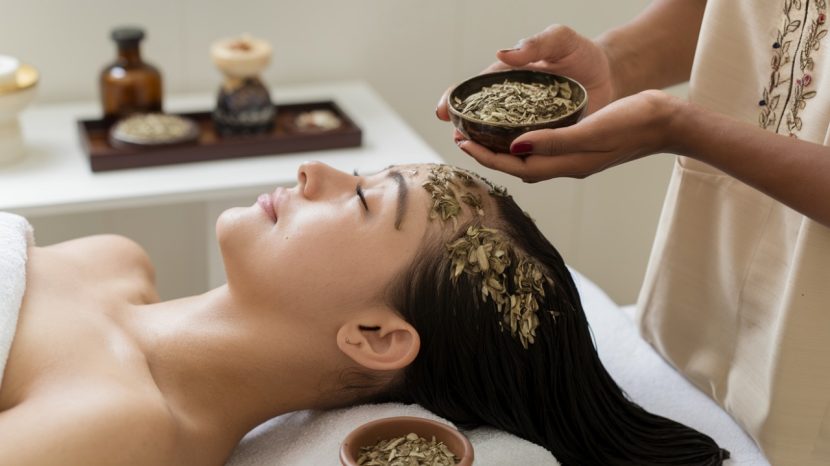Hair has long been seen as a symbol of beauty, representing health, vitality, and identity. However, in today’s world, many people face hair problems like hair fall, premature graying, dandruff, and dryness, caused by factors such as stress, pollution, poor diet, hormonal imbalances, and excessive chemical treatments.
As these issues grow, people are seeking solutions to restore hair health. While modern products promise quick fixes, they often contain harsh chemicals that can damage hair and scalp over time. Many are now turning to herbal treatment, which offers a holistic, natural approach to hair care. Herbal Care focuses on addressing the root causes of hair problems through herbal remedies, oil therapies, and lifestyle changes, offering sustainable, long-term results without the side effects of chemical treatments.
History of Herbal Treatments
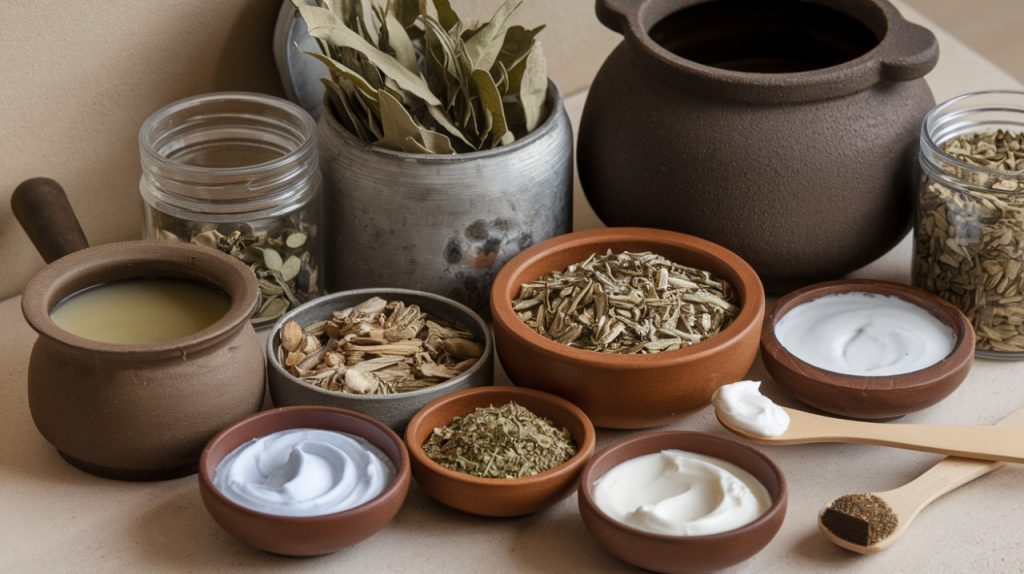
India has a rich history of herbal practices for hair care, deeply rooted in Ayurveda, one of the world’s oldest medical sciences. Hair care in ancient India was deeply rooted in Ayurveda, a holistic system of medicine practiced for over 5,000 years. The Vedas, particularly the Atharvaveda, contain references to herbs like Bhringraj, Amla, Brahmi, and Shikakai, which were used for nourishing and strengthening hair. During the Vedic and Ayurvedic periods, herbal oils, such as coconut and sesame oil infused with these herbs, were commonly used for scalp massages to promote hair growth and prevent hair issues. The Charaka Samhita and Sushruta Samhita further detailed herbal treatments for conditions like hair fall and premature graying, recommending oils and herbal masks made from ingredients like Neem and Brahmi.
By the Gupta period, Ayurvedic hair treatments were refined, incorporating Shirodhara (herbal oil pouring) and Shirolepa (herbal scalp masks) to rejuvenate the hair. Even during the colonial period, traditional herbal remedies, such as Reetha (soapnut) for washing and Henna for hair coloring, continued to be used. Today, Ayurveda’s herbal hair care practices remain widely popular, offering natural alternatives to chemical treatments.
Medicinal Plants used in hair care
Here is a list of medicinal plants that are used for hair care:
Aloe Vera: The Ultimate Moisturizer for Scalp and Hair

- How to Use: Apply fresh Aloe Vera gel directly to the scalp and hair. Leave it for 20-30 minutes and then rinse it out.
- Benefits: Aloe vera nourishes the scalp, reduces dandruff, and is helpful in hair growth with the vitamins and enzymes.
Bhringraj: For Hair Health, The King of the Herbs

- How to Use: Mix Bhringraj powder with coconut oil or water to form a paste. Apply to scalp, let sit for half an hour, rinse off.
- Benefits: Bhringraj strengthens hair, prevents fall, and improves texture; hence, it is ideal for thinning hair.
Neem: The Natural Remedy for Scalp Infections and Dandruff
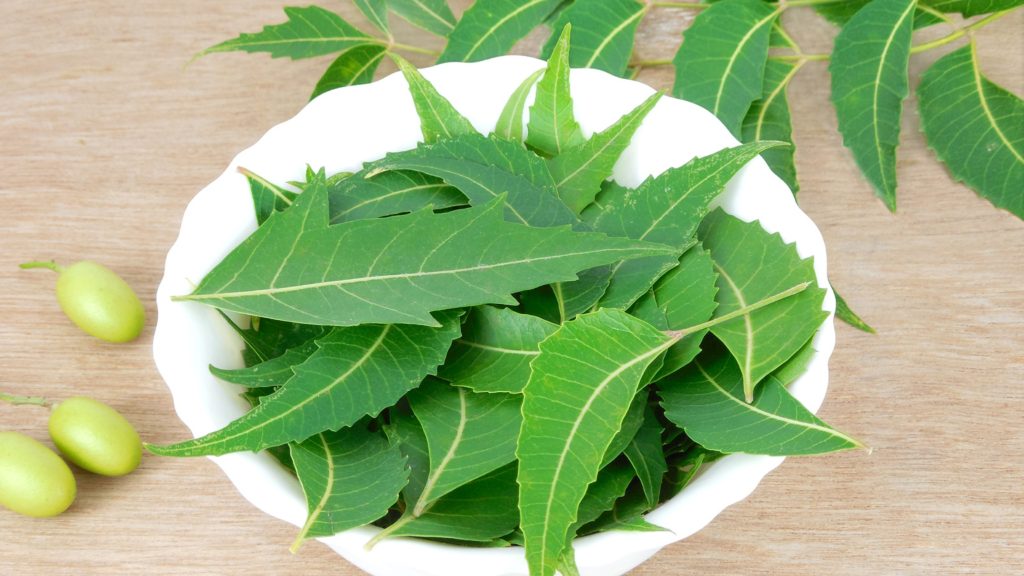
- How to Use: Boil some neem leaves in water, cool down with the lid on, and apply this preparation as a final rinse after washing hair.
- Benefits: Neem combats bacteria and fungi to promote a clean and healthy scalp, preventing dandruff.
Fenugreek: The Secret to Stronger, Healthier Hair
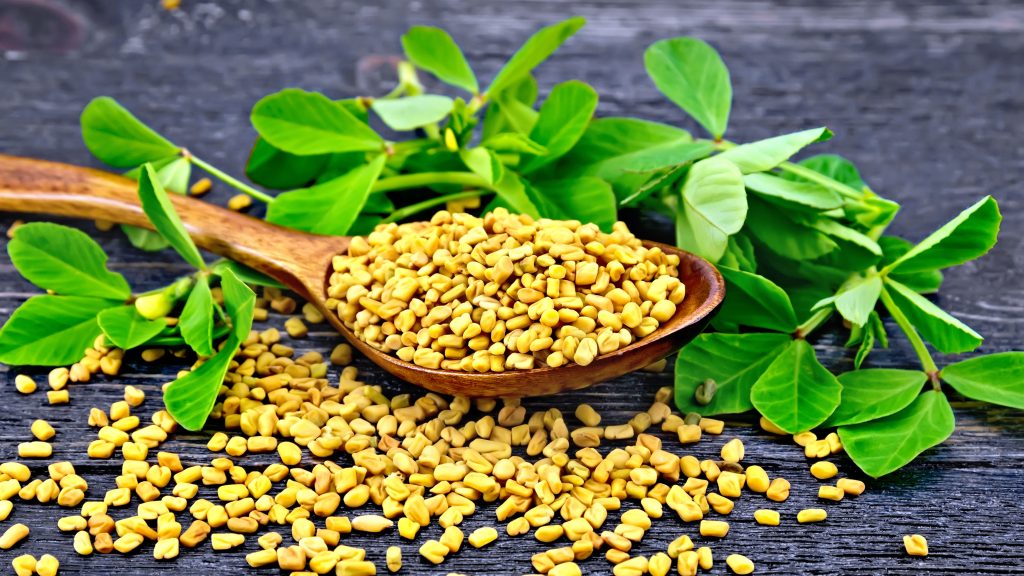
- How to Use: Soak Fenugreek seeds overnight, grind them into a paste, apply them to the scalp for 30 minutes, and wash away.
- Benefits: Fenugreek is very rich in proteins and nicotinic acid, which strengthen and prevent hair loss and enhance hair texture.
Hibiscus: The Powerhouse Flower for Hair Growth and Nourishment
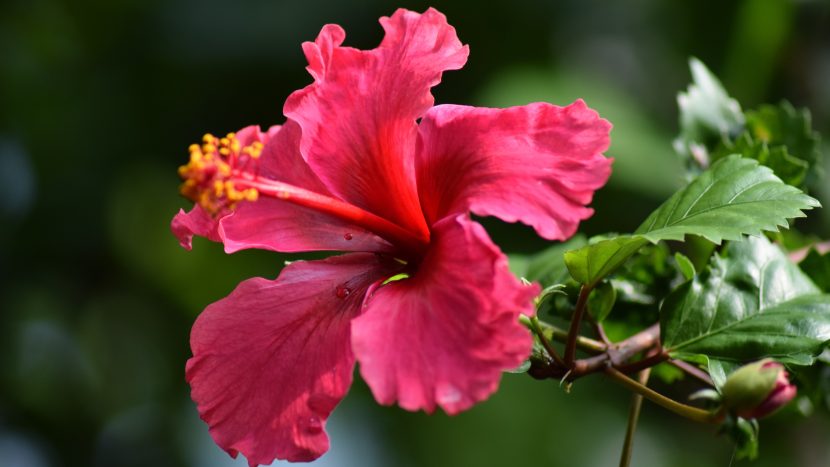
- How to Use: crush Hibiscus flowers into a paste, apply scalp for 30-40 minutes, and rinse.
- Benefits: Hibiscus nourishes the scalp while promoting hair growth, preventing premature graying, and giving shine to the hair.
These five medicinal plants are truly powerful for hair care, stimulating growth and treating various scalp conditions.
For more about remedies for hair growth, you also check this.
Conclusion
The growing prevalence of hair problems in today’s fast-paced world highlights the need for effective and natural solutions. While chemical-based products may provide quick fixes, they often lead to long-term damage and deteriorate hair health. This emphasizes the importance of embracing herbal treatments, which offer a gentler, more sustainable approach to hair care. By harnessing the power of nature’s remedies, such as Ayurvedic oils, herbal masks, and natural hair care practices, individuals can not only address the root causes of hair issues but also nurture and maintain the health of their hair in the long term. The shift towards herbal treatments represents a return to holistic care, promoting overall well-being and restoring the natural beauty of hair.

